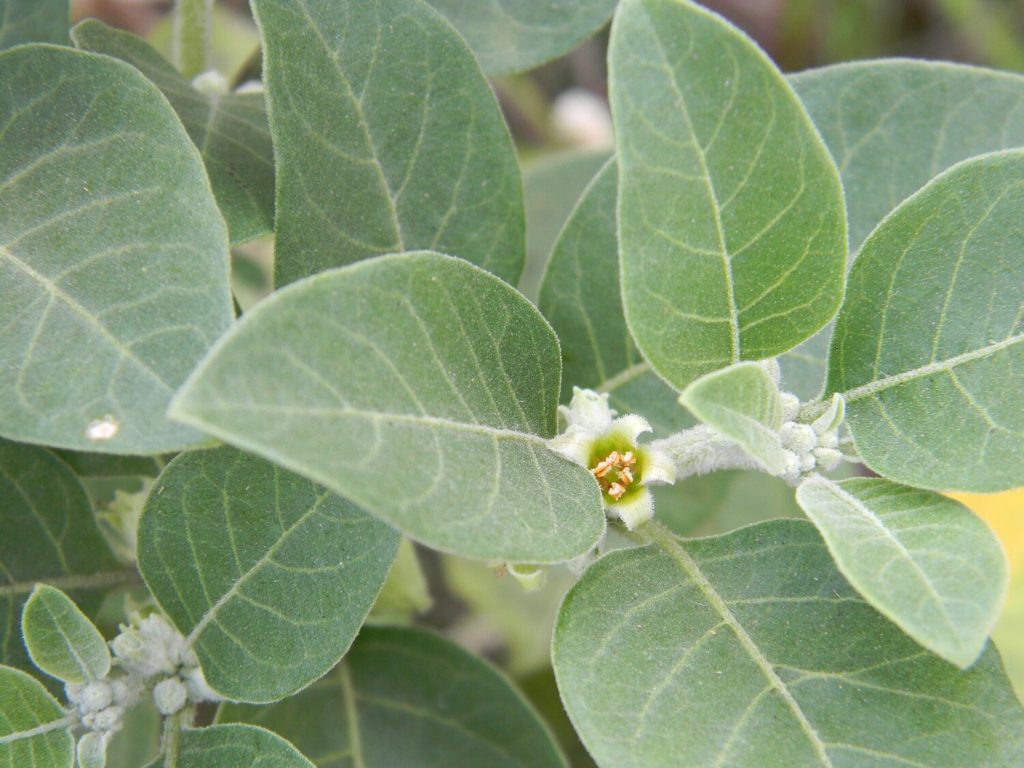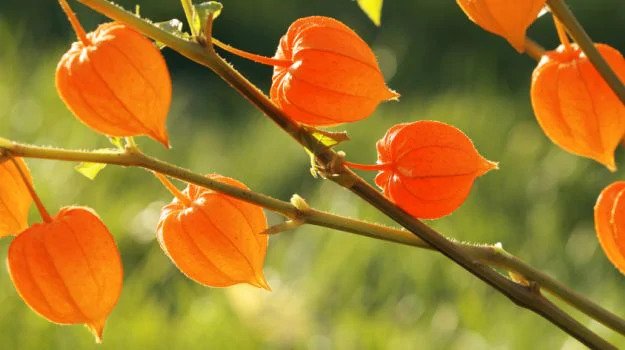
The desire for and use of more natural methods of bringing health into the body, as well as healing or assisting in the healing of current disorders, is growing.
With more people wanting to live a “natural” or “organic” lifestyle, it’s no surprise that more research is being conducted on the efficacy of these herbal remedies that claim to heal and improve health.
Researchers are carrying out studies to demonstrate the efficacy and effectiveness of some of these ancient plants. Ashwagandha is one of the herbs being studied to prove what has been described in ancient literature about herbs like this for hundreds of years.
Ashwagandha is a well-known herb in Ayurvedic Medicine and Ayurveda. Because of the plant’s numerous applications, its popularity has spread throughout the world, and a variety of names have been developed to fit the term Ashwagandha into other cultures and languages. The fact that this plant is spoken in so many languages demonstrates how diverse and well-accepted it is.

This ayurveda herb Ashwagandha is a shrub-like plant that grows in hot climates and in areas such as west India; the roots and leaves are the most commonly used parts of the plant, but all parts have been known to be used in various compositions.
ashwagandha In ayurveda
It’s used as an Rasayana that promotes youth, mental health, and happiness. Because of its herbal extract properties and numerous applications in boosting health and wellness in people of all ages and for a variety of diseases, including weakness and tissue deficiency.
Ashwagandha is the most well-known herb in Rasayana. It is, however, beneficial for those who are overworked and mentally exhausted. The bitter and astringent taste, as well as hot but sweet energy, are dosic effects and properties of ashwagandha. Its doshic action is soothing to vata and kapha, but it can be aggravating to pitta when ama is present.
The Charaka Samhita mentions Rasayana and rejuvenation therapy several times “A person receiving rejuvenation therapy attains longevity, memory, freedom from disease, youth, excellence of beautiful skin and voice, and the superb potentiality of the body and sense organs.” Ashwagandha is a nervine tonic, sedative, and has a variety of Rasayana effects. Because of its adaptability and ability to treat a wide range of diseases, this herb is used in a wide range of therapeutic methods and herbal formulae. Its applications range from fatigue to stress, from overwork to disease or surgery recovery.
Ashwagandha is well-known and widely used in Ayurvedic medicine and beyond due to its numerous applications. Ashwagandha is one of the most well-known plants in Ayurvedic Medicine, and as a herb that balances all three doshas, it’s no surprise that it has so many uses.

Leave a Reply